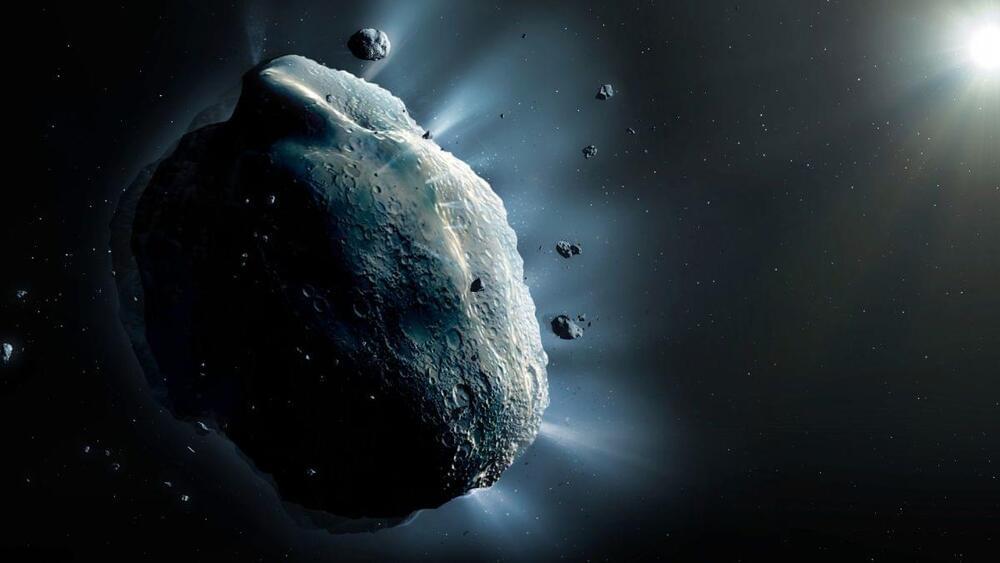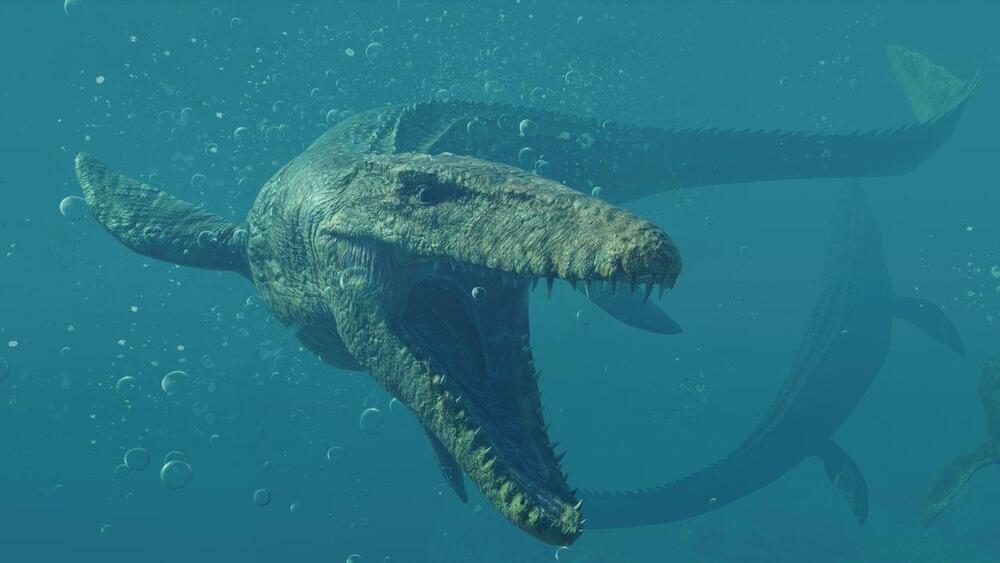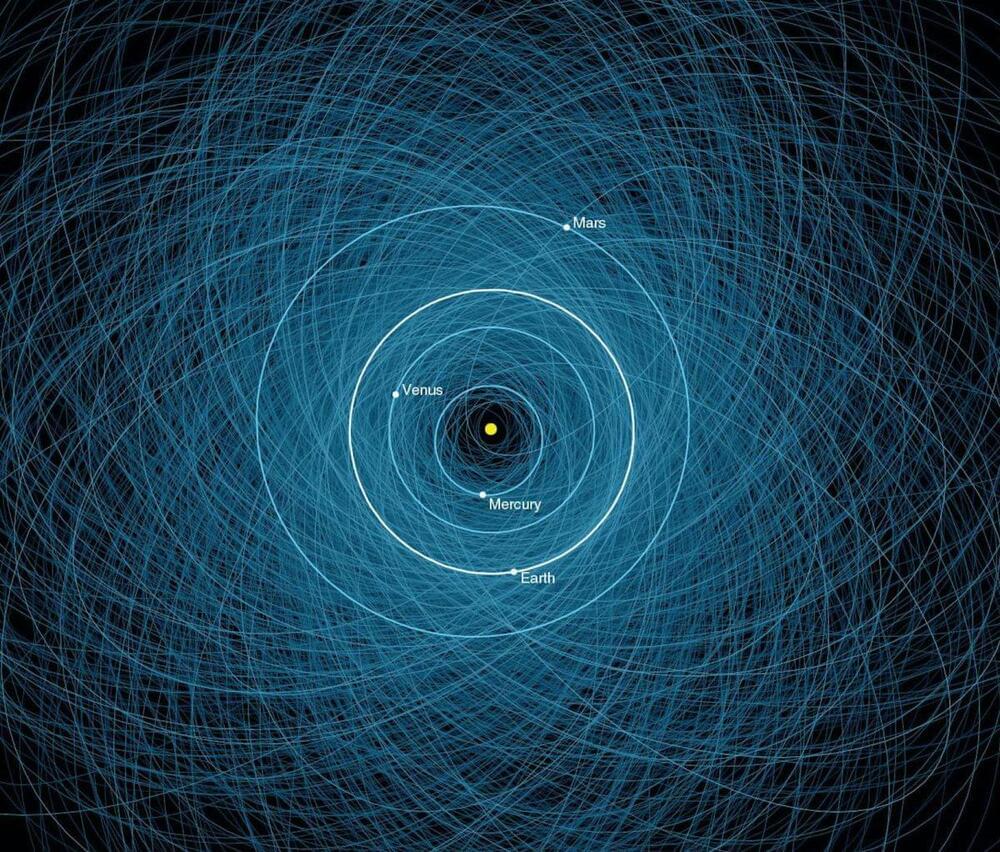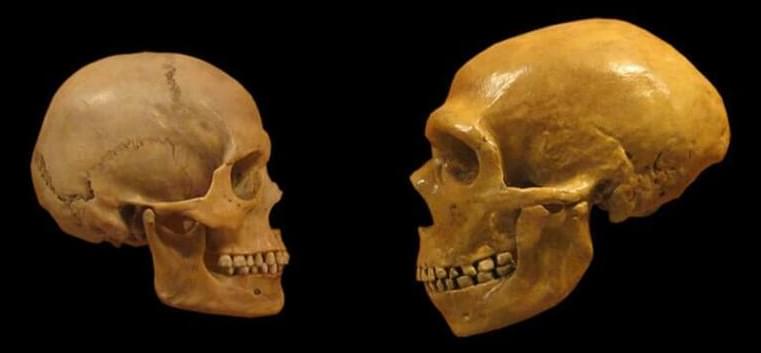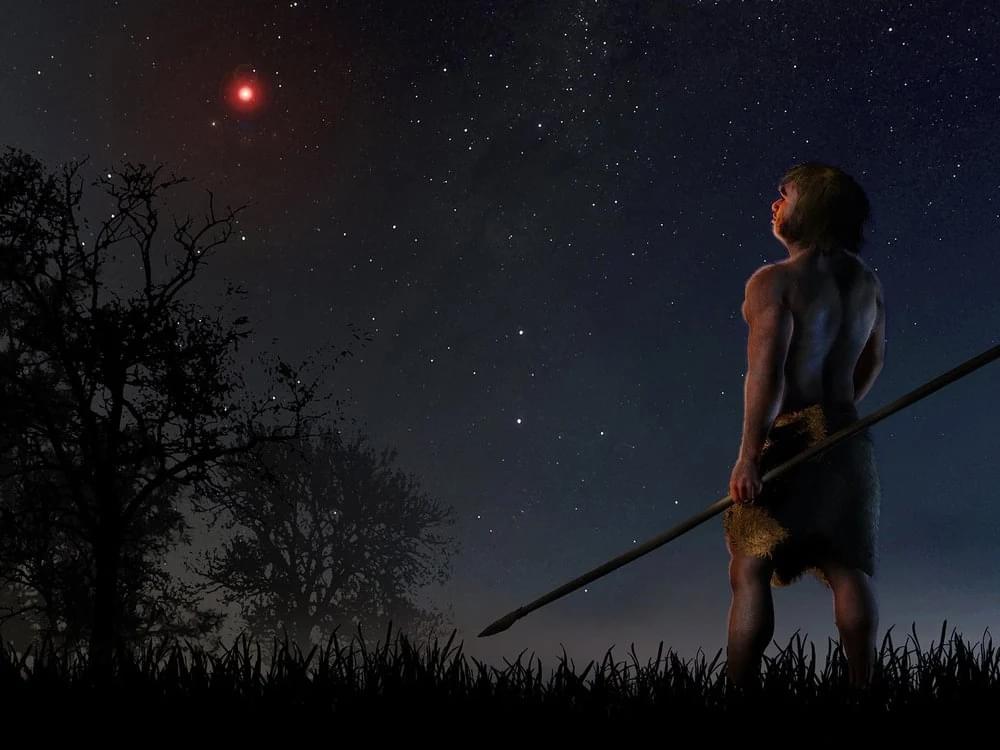Should we send messages into space in an effort to contact intelligent extra-terrestrial civilizations? Or should be fear them attacking us and transmit nothing? Two conflicting and oft-heard questions, but it turns out we may overlooking something rather important and completely obvious— it’s probably us that are the malicious aliens.
When I read that we’ve got more chance of being struck by a planet-killer asteroid than being invaded by aliens, I was intrigued.
So I got in touch with Alberto Caballero, the author of the though experiment-style paper published this week, to find out more. His paper is an attempt to determine how many malicious extraterrestrial civilizations there could be, and how likely it is that they would invade us.

